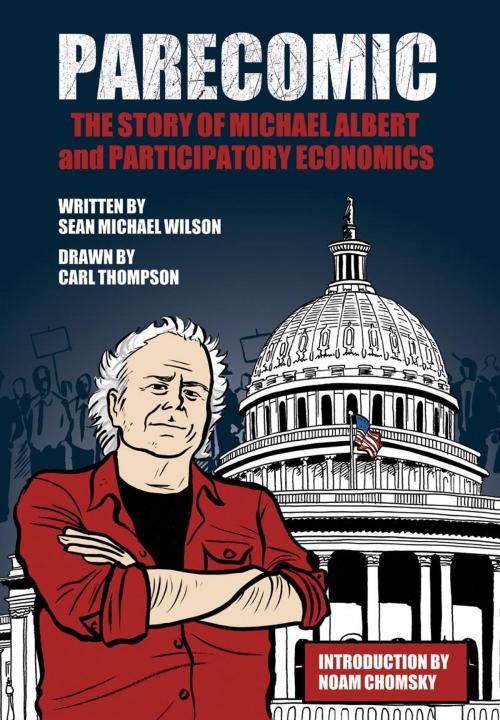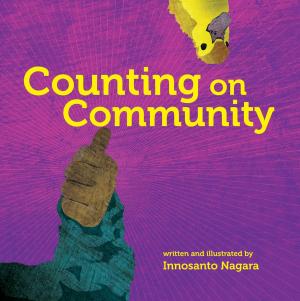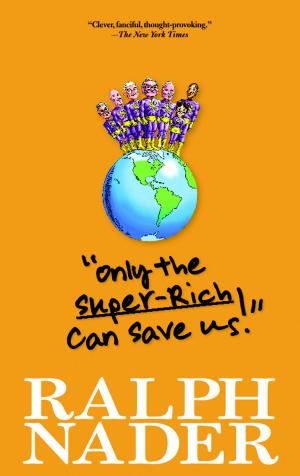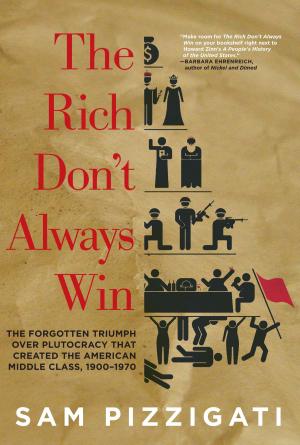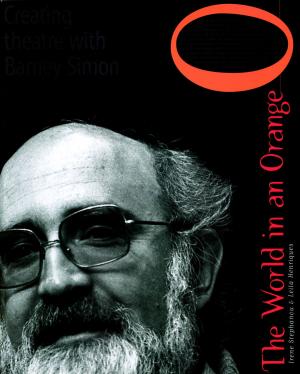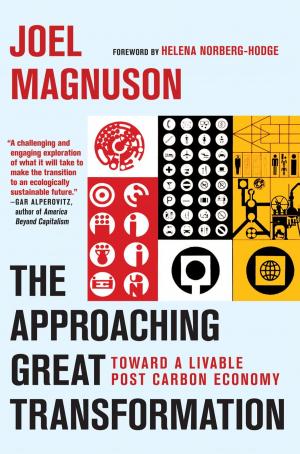Parecomic
Michael Albert and the Story of Participatory Economics
Comics & Graphic Novels, Non-Fiction, Nonfiction, Social & Cultural Studies, Political Science, Politics, Economic Policy, Biography & Memoir, Political| Author: | Sean Michael Wilson, Carl Thompson | ISBN: | 9781609804572 |
| Publisher: | Seven Stories Press | Publication: | April 16, 2013 |
| Imprint: | Seven Stories Press | Language: | English |
| Author: | Sean Michael Wilson, Carl Thompson |
| ISBN: | 9781609804572 |
| Publisher: | Seven Stories Press |
| Publication: | April 16, 2013 |
| Imprint: | Seven Stories Press |
| Language: | English |
Parecomic is a graphic novel about the system we live in—what’s wrong with it, and how we might be able change it for the better. The recent upsurge in popular protest around the world shows that people are not happy with the state of capitalism and desire an alternative that will work for the 99%, not just the 1%. Parecon is one such alternative, and Parecomic brings this to life in illustrated form.
Parecomic is about Michael Albert—the visionary behind “participatory economics”—and his life’s struggle as a left-wing activist in the US, beginning with the heady days of 1960s student demos and lifestyle rebellions; following the developments of the antiwar, civil rights, woman’s, and Black Panthers movements; to the establishment of alternative media like South End Press and ZNet; and the development of the participatory economics model.
Parecomic is a graphic novel about the system we live in—what’s wrong with it, and how we might be able change it for the better. The recent upsurge in popular protest around the world shows that people are not happy with the state of capitalism and desire an alternative that will work for the 99%, not just the 1%. Parecon is one such alternative, and Parecomic brings this to life in illustrated form.
Parecomic is about Michael Albert—the visionary behind “participatory economics”—and his life’s struggle as a left-wing activist in the US, beginning with the heady days of 1960s student demos and lifestyle rebellions; following the developments of the antiwar, civil rights, woman’s, and Black Panthers movements; to the establishment of alternative media like South End Press and ZNet; and the development of the participatory economics model.
